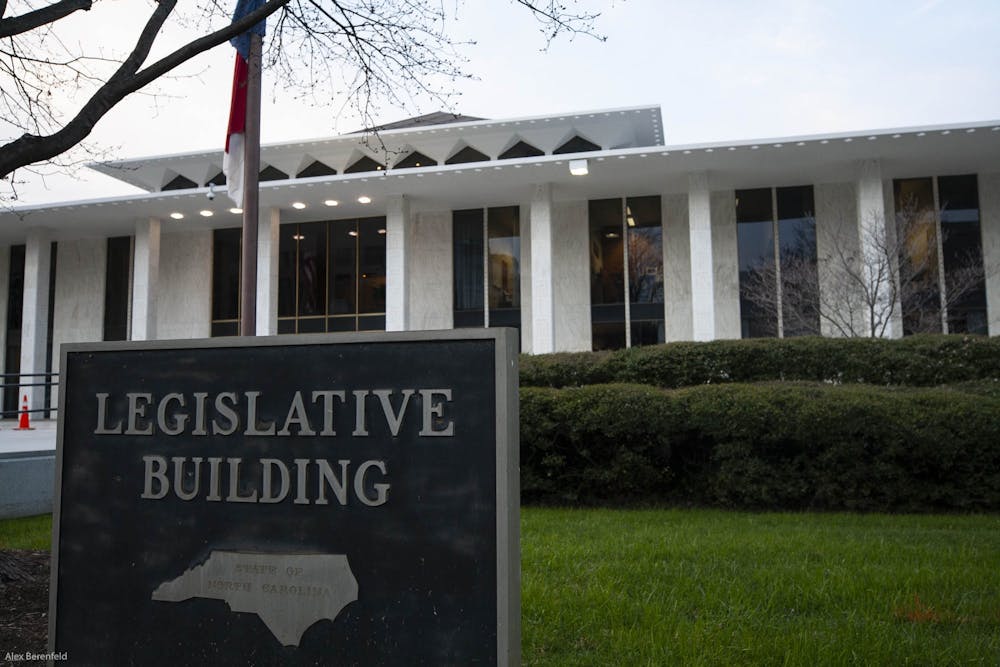New Democratic control of Congress has revived controversy around ending the filibuster as a political tool to block legislation. These debates have resurfaced as H.R.1, an expansive voting rights bill introduced by House Democrats, is awaiting its fate in the U.S. Senate.
We typically think of the filibuster as a matter of national politics and procedure, but the current threats that the filibuster poses to bills like H.R.1 has far-reaching implications at the state level.
Although not explicitly written into the U.S. Constitution, the filibuster is a tradition in American politics dating back to some of the first sessions of Congress. The filibuster is any attempt by the minority party to block action by the majority party, typically by expanding debate to delay or prevent bills from passing.
Many state legislatures, including the North Carolina General Assembly, have time limits on debates and the amount of times a representative can speak. These limits prevent filibusters from occurring at the state level. However, it is unlikely that abolishing the filibuster will end partisan gridlock or speed up the processes by which important legislation is passed.
Regardless, allowing Congress to abuse the filibuster as a tool of partisan politics means blocking bills that would dramatically impact all 50 states, especially North Carolina, as seen in the case of the pending H.R.1.
H.R.1, or the For the People Act, was passed by the House this month, but is threatened by the filibuster in the Senate. If passed, this 791-page bill would completely restructure civil and voting rights across the country. H.R.1 would dismantle restrictive voter registration laws, change how states conduct elections and reform campaign financing, among other amendments.
Broadly, the goal of this legislation is to improve the fairness and accessibility of elections. These reforms target low-income communities and people of color, who bear the burden of voter suppression.
We can see these impacts most dramatically in North Carolina, where gerrymandering plagues our voting districts and weakens the voting power of North Carolinians. H.R.1 would require district lines to be drawn by independent commissions and make it easier for citizens to review, give feedback on and challenge congressional maps. This bill would also standardize the districting process across the country and essentially end partisan gerrymandering.
The passage of H.R.1 could mean an end to the long and unjust history of gerrymandering in North Carolina. The ability of the filibuster to allow a minority party to block this much-needed reform is inherently undemocratic, and does not represent the best interests of North Carolinians, nor of the country as a whole.




